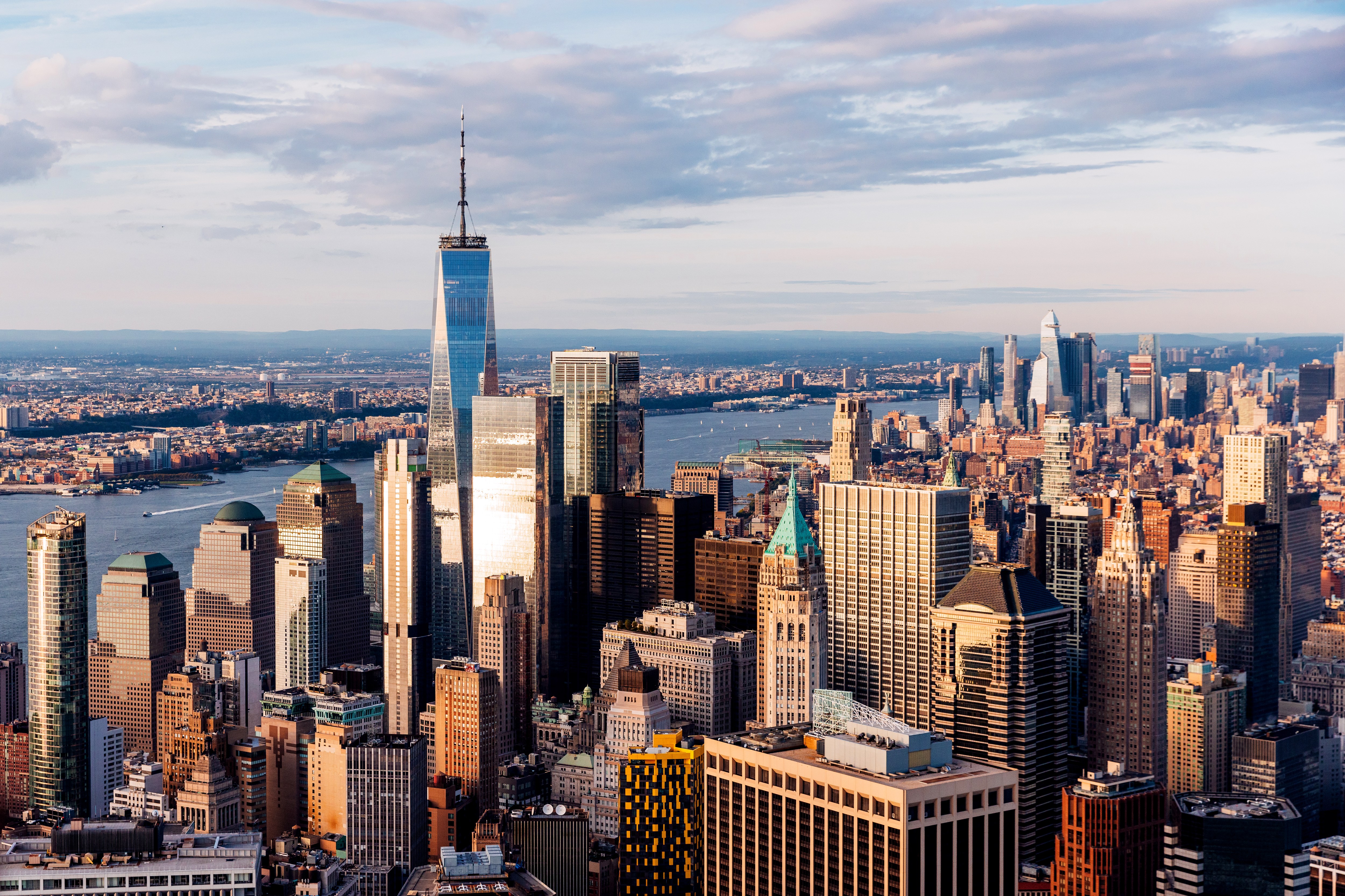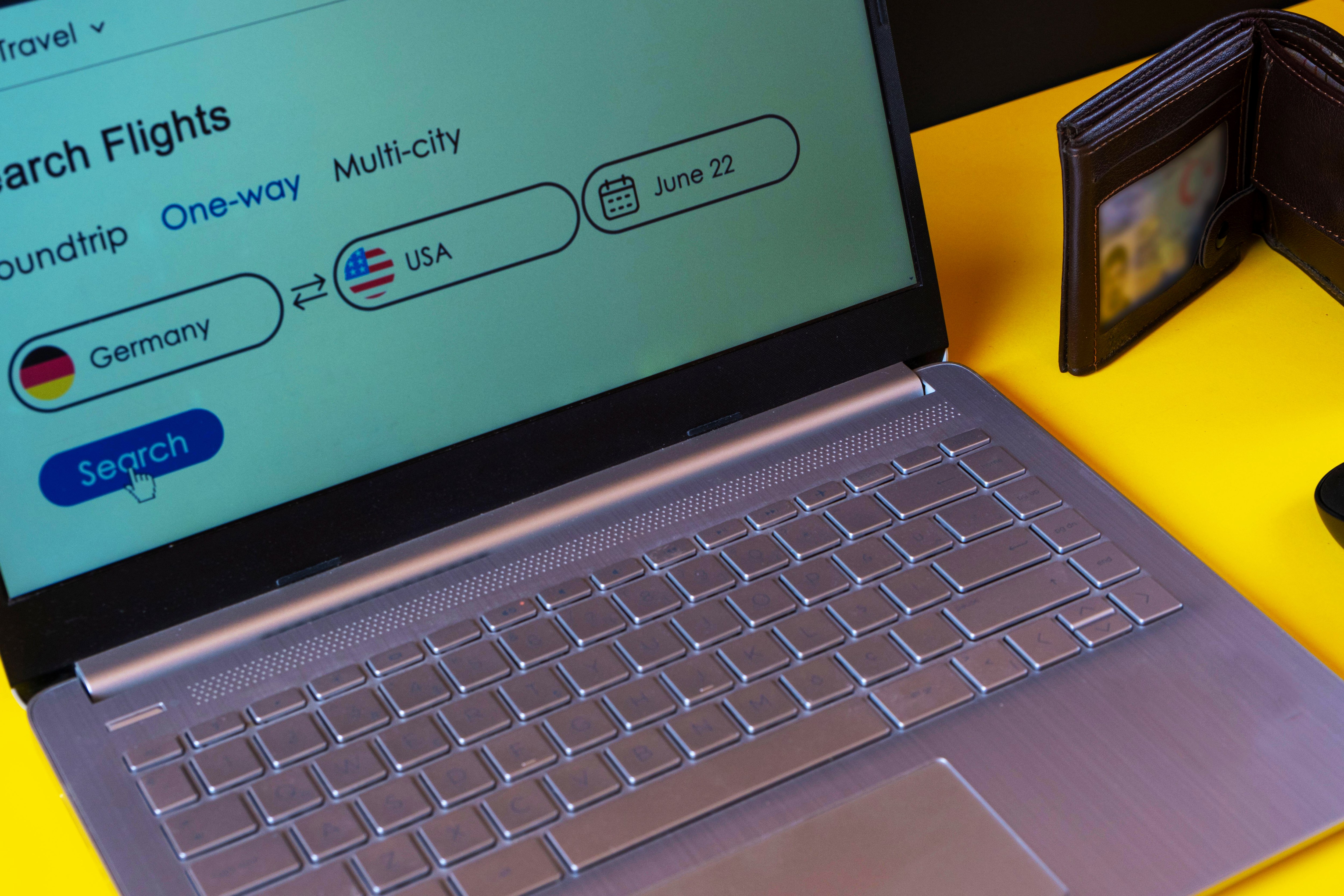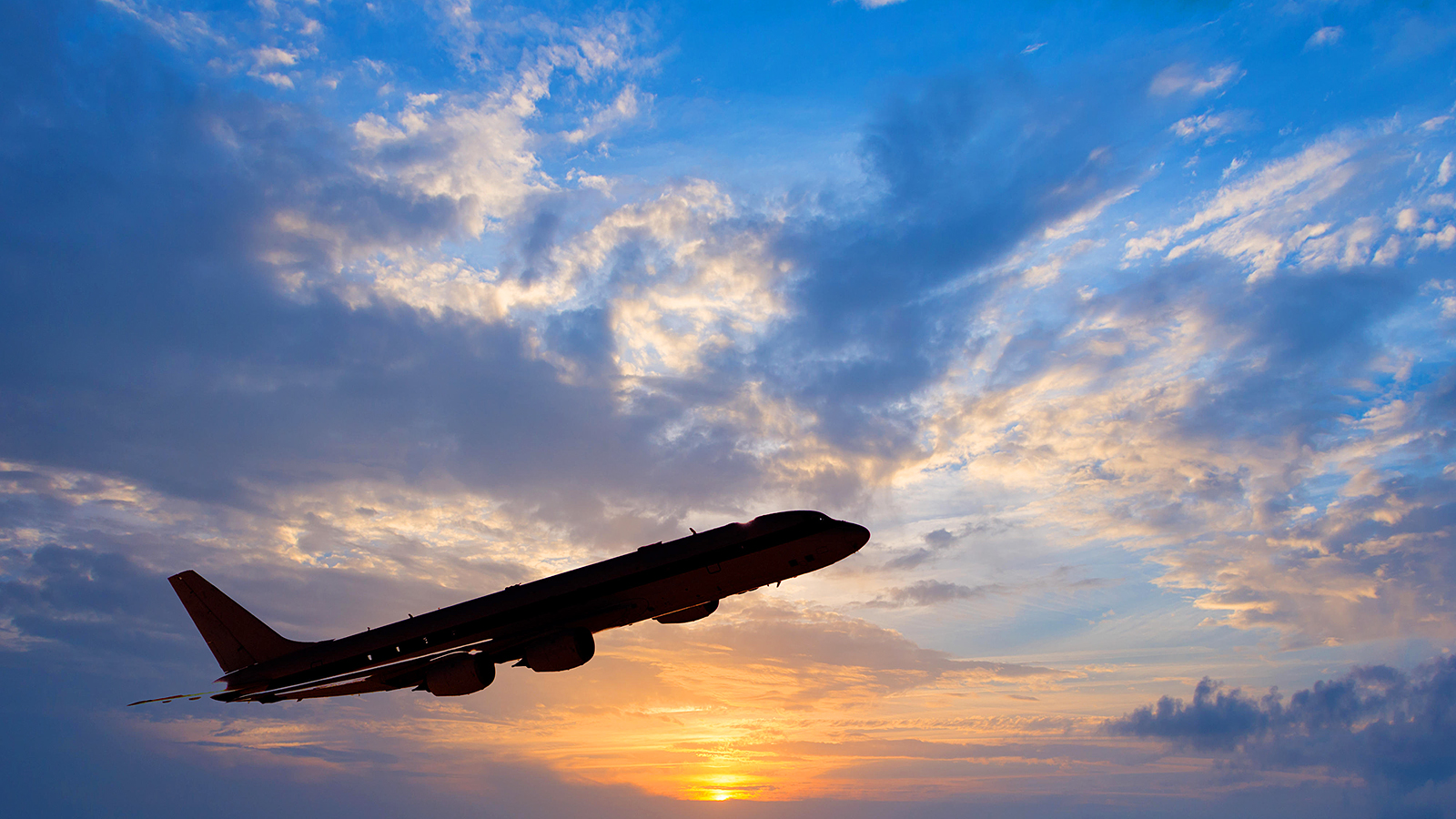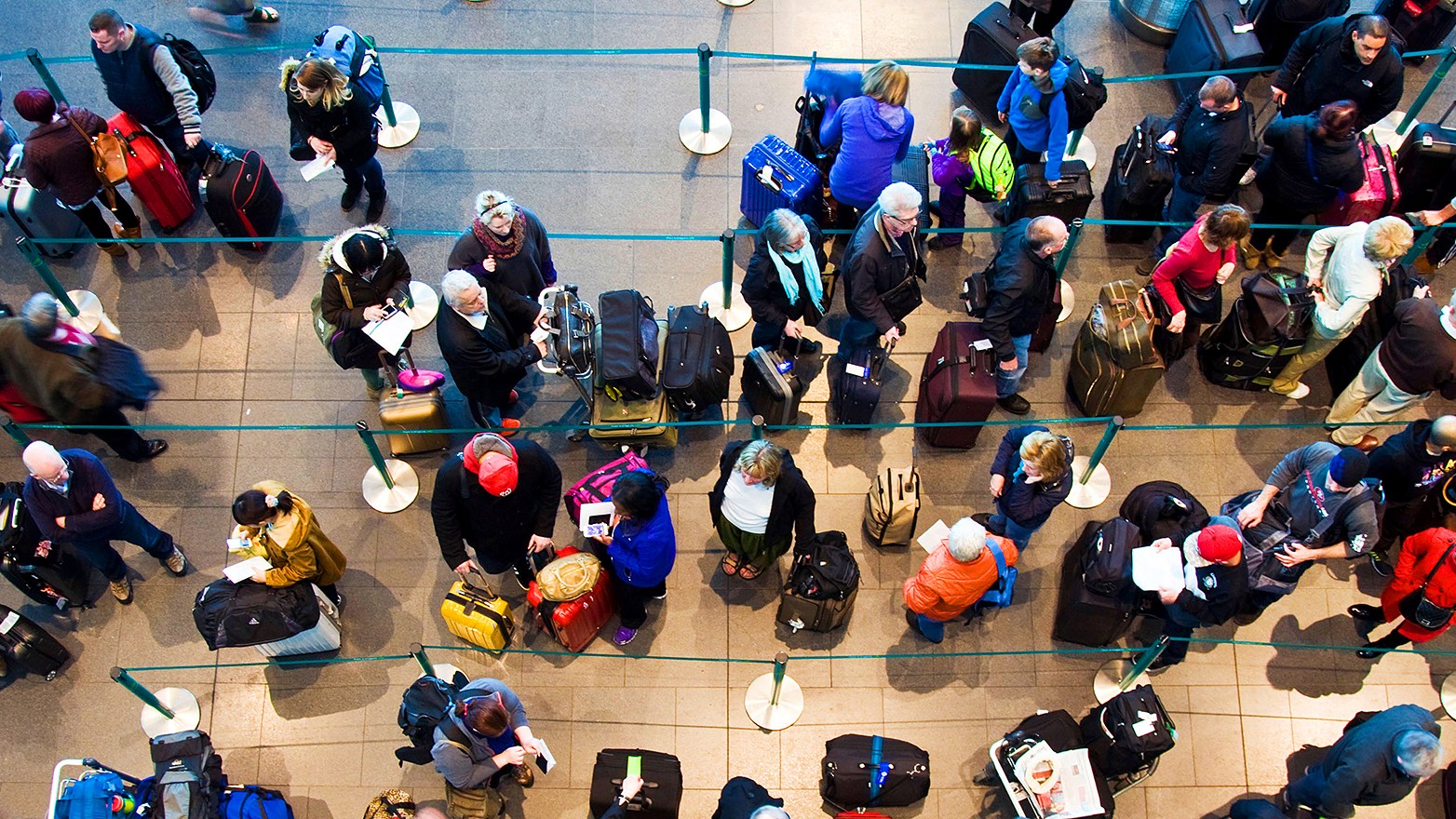Ever noticed how the £40 flight you didn’t book six months ago because, well, there was plenty of time, has now gone up to £175 the week before departure? Or how that £200-a-night weekend hotel room drops to £79 on a Monday? Or how theme park tickets are much cheaper when the kids are at school? That’s surge pricing, and the travel industry loves it. Here’s everything you need to know about surge pricing and how it affects travellers.
What is surge pricing and how does it work?
Surge pricing is a form of dynamic pricing (the opposite of fixed pricing) in which the rates charged for goods and services rise in line with demand. Think of it as a buoy in an ocean of demand. As the tide rises, so does the buoy, and as demand ebbs, it drops back down.
How does surge pricing affect air travel?

Most airlines put tickets on sale between 330 and 350 days before departure — at that moment you can imagine, say, an Airbus A330 with every seat in every class unsold. In the early days of dynamic pricing the increases were linear: as each seat sold, the next seat became a little more expensive, with fares rising until maybe a day before departure when, perhaps, unsold seats would be discounted. Sadly, it’s not so simple any more.
Increased computing power, augmented by AI, means multiple factors can be constantly monitored to measure demand and so sell every seat for the highest possible price. Buying on the day that tickets go on sale costs more on some routes — long haul, mostly — because the computers know that the keen holidaymakers like to get in early. Prices will then dip for a few months before rising again a few months before departure and continuing to climb until the departure date. That last-minute sell-off has long gone. But this undulating curve is influenced by other factors. Weekend flights cost more than weekday flights, because that’s when people like to fly. Is demand for business or leisure (the former will pay more)? Is Taylor Swift playing in the destination that week? Is there an election, bringing expats home to vote, or a big football game? And can a tiny price adjustment give this airline the edge over a competitor for a few hours?
• Best ways to save money on holidays abroad
• How to save money on a city break
Advertisement
How does surge pricing affect train travel?

Surge pricing for rail fares is similar to that for flights, and coupled with the introduction of single-leg ticketing, it could offer an easier, cheaper way to use our rail network. The idea is that the archaic return-fare system is scrapped and all journeys are sold as one-way tickets. Along with surge pricing, which would see fares rise during periods of high demand and, crucially, fall during quieter periods, it is seen as a fairer, more progressive way of charging for rail travel. The popularity of working from home has tempted Transport for London to consider surge pricing at peak periods from Tuesday to Thursday in order to recoup losses made on Mondays and Fridays — the most popular days for workers to clock in at home.
How does surge pricing affect hotels?

Wherever there’s demand, prices will rise. That’s how surge pricing works in hotels. Weekends, bank and school holidays, conferences, sporting events, festivals and even reliable forecasts of good weather will push rates up, while at other times they’ll slide back. A £79 room at the Wembley Premier Inn costs £313 on August 15, when Taylor Swift plays the stadium, and bargain hunters need not apply: room rates are either at standard or enhanced levels and rarely discounted.
Where else is surge pricing implemented?
In an economy based on supply and demand, surge pricing can be applied to almost any transaction. Taxis, food delivery services, retail — everyone knows that barbecues are more expensive in the summer — and entertainment. Agencies know that fans will rush for tickets the moment a big tour goes on sale, and with that surge in demand, prices will rise.
What can I do to avoid surge pricing?

Watch which way the tide is flowing and move in the opposite direction. That means buying air tickets three to five months in advance; departing and returning midweek, and avoiding early morning and evening slots. On trains, book about 12 weeks in advance and avoid rush hour, and in leisure hotels, Monday nights often offer the lowest rates — but that’s different in business districts, when weekends can be cheaper than midweek stays.
• What if the travel company I booked with goes bust?
• Seven of the biggest travel scams (and how to avoid them)




